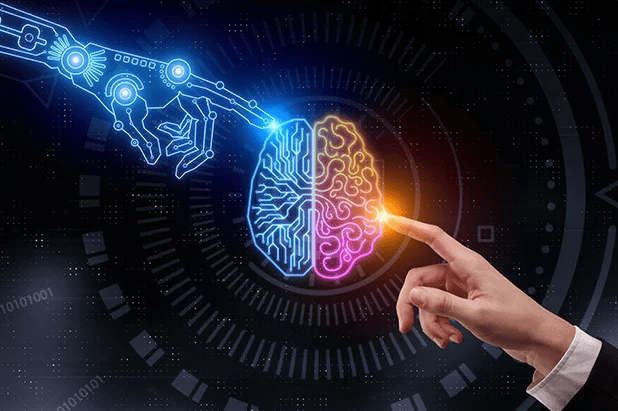The advent of Artificial Intelligence (AI) is no less than a revolution in the world of technology: from self-driving cars and chatbots, to personal assistants and intelligent thermostats – AI is poised to take routine tasks out of human hands, and completely transform all aspects of our daily lives. Do you know? 84% of enterprises believe investing in AI will lead to greater competitive advantages. The message to CEOs is clear: it’s time to make the plunge and leverage all the benefits that AI has to offer.
Myths Busted
Many enterprises that embrace AI do so without exactly knowing what AI is, and how it can help their business. Such enterprises often end up losing millions of dollars because of the several myths surrounding AI. Being able to distinguish reality from the myths is critical for those trying to make sense of this popular technology. So here is a run-through of five of the most common myths surrounding AI, and why you shouldn’t buy into them.
Myth 1: AI will replace every human job
Although it is a fact that AI has the potential to become as smart as (or even smarter than) humans, it will never result in mass unemployment or widespread redundancy of the human workforce. AI is meant to work with humans, not instead of them. Yes, AI will reduce the number of jobs by a large extent, but it will only augment human workforces, enabling them to work in newer and smarter ways.
Fun fact: While 16% of U.S. jobs will be lost over the next decade as the result of artificial intelligence and technology, 13.6 million jobs will be created during that time due to the trend.
Myth 2: AI only makes sense for MNCs
Agreed, that the technology behind AI is scientific and complex, and building a competitive AI from scratch requires expensive specialised talent, it in no way is meant to benefit only MNCs or core technology companies. The truth is, foray into AI can be made by every company – no matter how small or big – through the use of voice assistants, chatbots, or automated customer support as a first step. From Siri and Alexa to Cortana and “Hey, Google” – AI has already become an indispensable part of our daily lives, processing information, and helping us get on with our daily tasks more easily.
Fun fact: 7 billion devices are expected to carry AI-powered voice assistants by 2020!
Myth 3: AI can work without humans
As AI becomes smarter and more widespread with its capabilities, CEOs start to believe that all AI programs can exist and run entirely on their own. However, this is far from the truth. Although some simple AI processes can be self-sufficient (like those used in say, improving customer service), humans do and will play a major role in most AI applications, especially critical ones in the field research and medicine.
Fun fact: Currently, there are just 1.75 robots for every 1,000 workers!
Myth 4: AI is only about robots and sci-fi movies
Most often, when people hear the word AI, they only think of robots that can move, perform certain human actions, or leave the audience in splits. The truth is, AI and robots are very different, although an overlap does exist: while robots are programmable machines that can carry out actions, AI uses algorithms in computer programs to do tasks that usually require human intelligence.
Fun fact: By 2022, 50% of U.S. house-holds will have an AI-enabled smart speaker.
Myth 5: AI is the cure for every business problem
As transformative as AI might be for various industries, one mistake CEOs make is to assume AI to be a magic wand. Yes, AI can improve the performance of your shop floor, it can enhance sales forecasting, and it can reduce product recalls, but it shouldn’t be seen as a one-stop solution for every business problem you face.
Fun fact: 87% of current AI adopters said they were using or considering using AI for sales forecasting and for improving e-mail marketing.
AI for Success
With the AI software market expected to be worth a whopping $59.8 billion globally by 2025, the surge in adoption is understandable. But with the increase in interest comes misinformation and misconception as well: from the fear of AI replacing all human jobs, to it being relevant only for MNCs, from AI being only about robots and sci-fi movies, to expecting it to solve all your business problems – the future does belong to AI, but it should be seen only as a means to supplement human intelligence in order to boost business performance and efficiency




